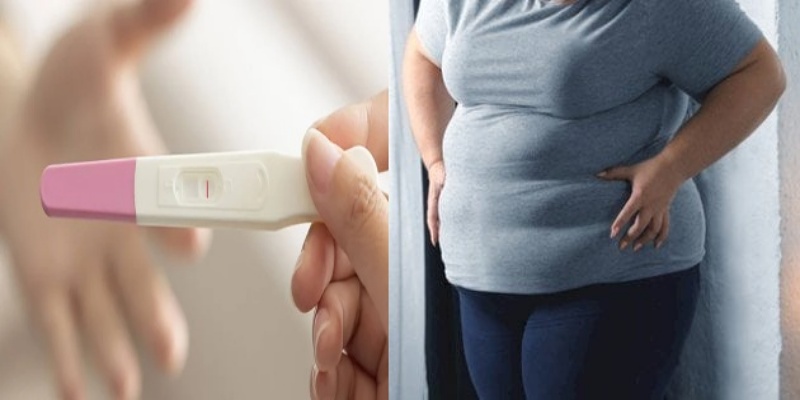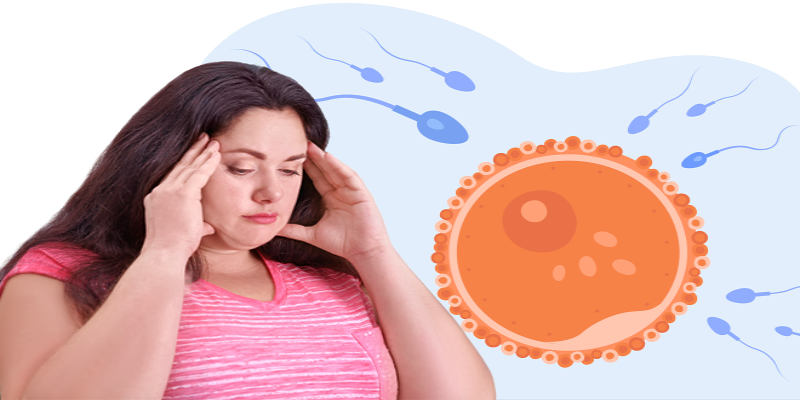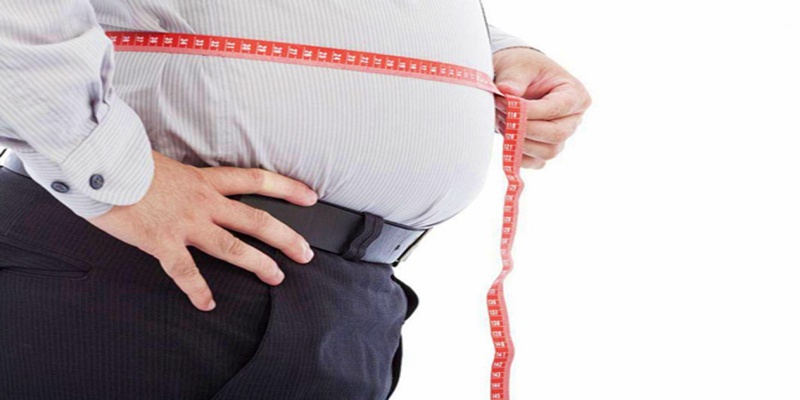Can obesity increase the risk of infertility?

1
The problem of overweight and obesity carries with it many, many health problems and crises, as this applies to men and women alike. It is worth noting that the most important of these problems is the occurrence of suffering from infertility and poor reproductive opportunities, although there are some risk factors that contribute to the occurrence of Infertility is like genetics, environment, or lifestyle in general, but obesity is at the top of this list. More clearly, we decided that today, through our next lines, we will answer an important question: Can obesity cause an increased risk of infertility?
What is the relationship between obesity and infertility?


What is the relationship between obesity and infertility?
First of all, we must identify infertility, as this condition is one of the medical conditions characterized by weak fertility or its complete absence, and from here we can say that this infertility is a disease that affects the reproductive system and appears through the inability to become pregnant after 12 years. One month of regular sexual intercourse between spouses without using any contraceptive methods.
It is worth noting that the chances of contracting this disease increase significantly due to exposure to some factors that contribute to this matter, such as genetic or environmental diseases or matters related to daily lifestyle patterns, and among the most important of these common factors we can talk about obesity and excessive weight gain.
According to the opinions of many doctors and specialists, obesity has been identified as one of the main causes of infertility in both men and women. For clarification, obese women have difficulty conceiving children, and the more excess weight and belly fat increases, the more difficult it is to become pregnant. Below we will explain this. Things are explained clearly.
How does obesity affect women’s infertility?


How does obesity affect women’s infertility?
In general, obesity reduces the rates of successful pregnancy during the natural pregnancy cycle, as many studies indicate that women who are overweight or obese face major health problems that affect this matter, such as disrupting the menstrual cycle, which can lead to menopause, and exacerbation of hormonal disorders. Increasing suffering from ovulation disorders, affecting the quality of ovulation, and thus reducing the chance of fertilization.
In addition, obese women may be at significantly greater risk of miscarriage. This occurs because obesity also reduces the outcomes of assisted reproductive technology and increases pregnancy complications such as diabetes, high blood pressure, respiratory problems, etc.
So we can say that obese women tend to have more difficulty getting pregnant than women of normal weight. Moreover, while undergoing pregnancy, obese women have a higher rate of miscarriage than their relatives.
Read also: 6 pathological consequences resulting from obesity in the abdominal area
What is the relationship between obesity and hormonal problems?


What is the relationship between obesity and hormonal problems?
We cannot ignore the fact that obesity and weight gain are the main causes of suffering from abnormal hormonal problems that affect fertility in both women and men.
It is worth noting that abnormal hormonal signals resulting from weight gain negatively affect the ovulation process and sperm production. For example, specifically for women, excessive insulin production can increase suffering from irregular ovulation.
It should also be known that there is a link between obesity, increased insulin production, and infertility known as polycystic ovary syndrome, as this specific disease is linked to irregular menstrual cycles, and the absence, decrease, or cessation of ovulation. In addition to high levels of male hormones, all of these factors directly affect the reproductive process
How does obesity affect men’s vulnerability to infertility?


How does obesity affect men’s vulnerability to infertility?
As for men, there is a growing body of evidence proving that obesity in males negatively affects fertility, as it not only reduces the quality of sperm, but also fundamentally changes the physiological structure as well as the molecules of germ cells in the testicles. The higher the body mass index (BMI). In men (BMI), the risk of low sperm count increases.
Overall, after reviewing many studies, it has been proven that men with an increased body mass index (BMI) have a much higher risk of infertility than men of normal weight, in addition to the negative effect of hormonal abnormalities on stimulating the testicles and preventing sperm production.
It should also be known that excess fat present in men’s bodies leads to the conversion of the male hormone testosterone into estrogen, and then estrogen reduces the process of testicular stimulation. As for testosterone, its decrease leads to suffering from some abnormal results of the semen analysis.




